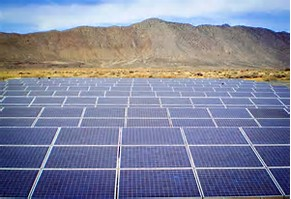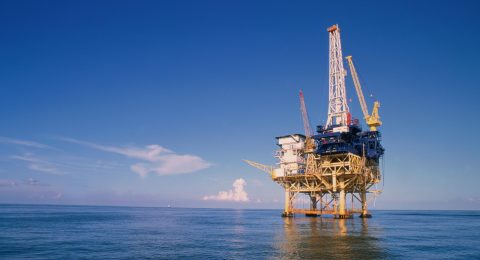Nigeria’s energy regulator said it’s prepared to approve higher prices for natural-gas supply to ensure increased deliveries to the nation’s ailing power plants.
The Nigerian Electricity Regulatory Commission will consider endorsing contracts above the regulated rate between a “willing buyer and willing seller,” Chairman Sam Amadi said in an interview in Lagos.
The West African country needs to increase deliveries of gas to power stations to boost generation for its 170 million people. New President Muhammadu Buhari has described electricity shortages as a “national shame” after administrations since 1999 spent as much as $20 billion to expand supplies without any success.
Nigeria, which holds Africa’s largest gas reserves, raised the price of the fuel to power plants to $2.50 for 1,000 standard cubic feet last August from about 50 cents to help spur deliveries. Gas producers may need more than that to guarantee supplies, Amadi said June 23.
The nation produces about 9 billion cubic feet of gas a day, of which half is exported as liquefied natural gas. One billion cubic feet is flared during oil production and another 1 billion is reinjected into oil wells to maintain pressure. Almost 2 billion goes to industries and power plants, where demand is forecast to more than double to 5 billion cubic feet a day in two years.
Prudent Proposals
Any proposed gas deals from energy companies must be “prudent,” Amadi said. “The bottom line is that because the tariff in the electricity industry is regulated, the cost of gas will be regulated.”
Demand for electricity is more than triple Nigeria’s capacity. Efforts to boost gas supply to power stations have been hampered not only by prices but by sabotage, according to Amadi. “If we do not have vandalism on the existing pipelines, we can ramp up to about 5,000 megawatts from the 3,800 we are doing,” he said.
State-owned Nigerian National Petroleum Corp. has battled to fix damaged pipes, Group Executive Director David Ige said June 11. The government has programs to end vandalism, repair supply routes and complete the East-West pipeline by 2016, Amadi said.
Nigeria dismantled its power monopoly in 2013 and sold hydroelectric and gas-fired plants to companies including Korea Electric Power Corp., Transnational Corp. and Forte Oil Plc. The pricing and infrastructure challenges they face can’t be resolved immediately, but will be surmounted, Amadi said.
Amadi said the regulator will revoke licenses of power companies that aren’t “working hard” to make them productive. Some of the those with licenses for gas-fired facilities are showing a lack of financial and technical capacity, he said.
Source: Bloomberg












